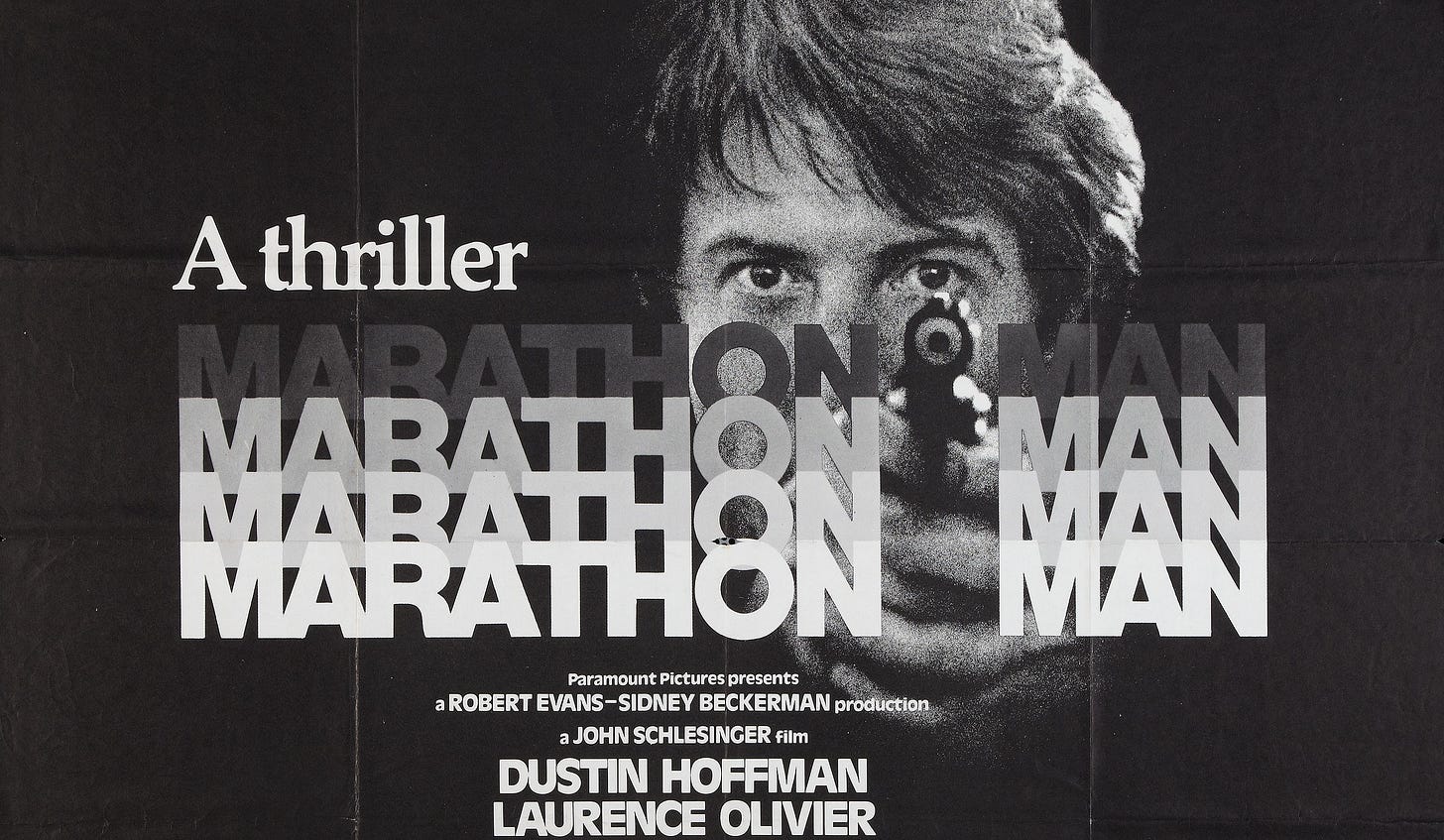Notes for beginning writers
I occasionally get asked to look at a script – and when I can grab the time, I’m glad to oblige. As newbies often fall into the usual traps, I've decided to publish my notes - hope they're helpful.

If you’ve finished your first script – congratulations! You've finished it, which is something most aspiring screenwriters never achieve – you've proven that you have the stamina and discipline – and I believe those two are even more important than talent and craft - without stamina and discipline, you’ll never get to the place where you can showcase your talent.
Now the potential downer – if this is your third script, you should be a little concerned. If this is your fifth script, you may want to consider doing something else. Your script contains all the classic mistakes of a first-timer. So again, if you are a first-timer, then this is great and you’re in the place you can expected to be.
If you've written several scripts already, you should have learnt from every script written, from other scripts analyzed, from books, etc. All the first-timer mistakes should be gone. What are they in your script?
Write what the audience sees and hears – NOTHING ELSE. If what you write cannot be seen or heard by the audience – then it does not belong in your script (there are exceptions – but learn about those once you've mastered this rule).
Stay away from “on the nose” dialogue. The characters often say exactly what they do (in which case, no dialogue necessary) or what they think and feel – and that’s plain boring. In film, ideally, every line of dialogue has subtext, a different level, something going on beyond that which is being said. Generally, for dialogue – remember, an ounce of behavior is worth pound of words. If you can say it without words, do so.
Exposition should never feel like exposition. We all know that certain information needs to be given – but you need to package that information. It cannot simply be stated. There is necessary and unnecessary exposition. The test is simple – if you can remove it and the story works just as well – dump it. As for the necessary kind - package it cleverly. Try wrapping it into a joke, an argument, a relationship fight, etc. Essentially – if it feels like exposition, you need to fix it.
Always give the audience as little as possible. This is a huge one – keep the audience guessing – don’t spell things out - EVER. Don't tell the audience things before or as they happen. Don’t explain – let the audience/reader discover, let them be wondering, worrying, on the edge of their seat. In every single scene, reveal only the absolute minimum – that way the audience stays glued and needs the next scene. Give the audience questions, not answers.
If it’s not essential to the story – dump it. You have several such elements in the story – they take up time, they don’t further the story. In essence, if you can cut it and the story doesn't change, then you don’t need it to begin with. You need to kill all such elements because they destroy the drive of your story.
Structure is important. Not all scripts adhere to the classic three act structure and that’s fine – once you’re an expert, you can play around. But as a beginner you absolutely must stick to the classic structure. If you don’t, every reader will see you as an amateur.
Start the story later. This happens all the time - to all of us. We always want to tell the whole story – but the fact is that stories are far more powerful if you start late in the game. Write down your full story in prose, by all means – then look at the middle of it and you’ll probably find a good starting point for your script.
The stakes must be as high as you can imagine (and then some). That goes for everything – every obstacle needs to be as tough as it can be. At every turn – you need to pick the toughest choice possible – the greater the obstacle, the more powerful your hero's journey.
Don’t preach – just tell the story. Whatever philosophy you may have – keep it to yourself and focus on the tale. If you've embedded it in your characters, the audience will get it. You need to trust that. If you do any sort of preaching straight out, it’ll be painful to the audience, and they’ll emotionally walk out on your tale.
Focus on fewer characters. The more contained, the more intense it’ll be. Look for ways to reduce your cast, merge characters and bond them by giving them relationships. Also make sure that the good stuff happens to your heroes – no point in wasting great scenes on tangential characters.
Okay – that was just a quick glance and is by no means everything – but if you take a look at all of the above, you’ll be in far better shape with your story. All of the above is common screenwriting sense – but then it is also my opinion. Feel free to completely ignore, feel free to get a professional reader’s opinion. These feedbacks are always tough, but frankly, if they’re not, if they’re just pleasant, you can’t learn and get better at this crazy craft of ours.
Wishing you a great screenwriting journey!




